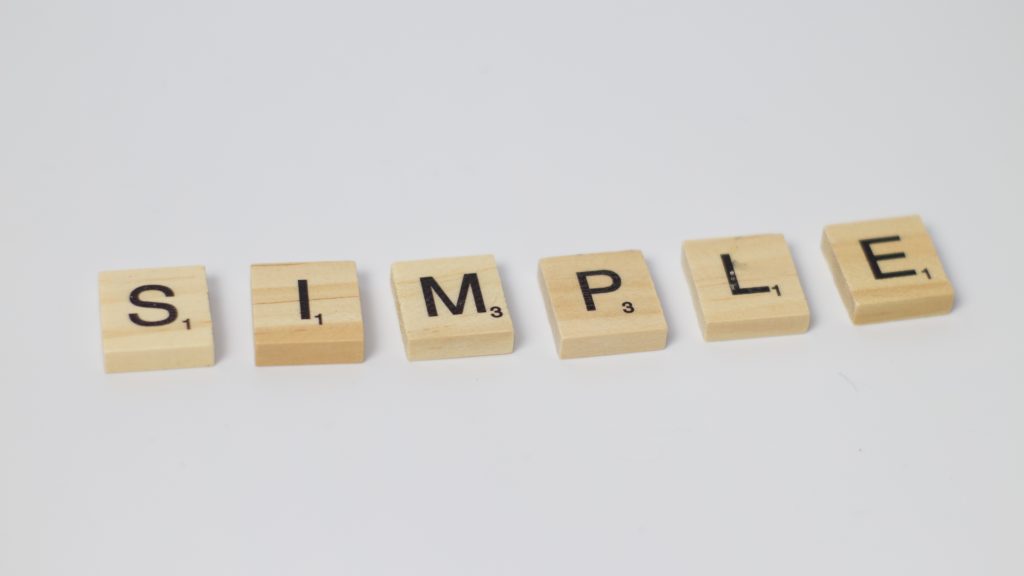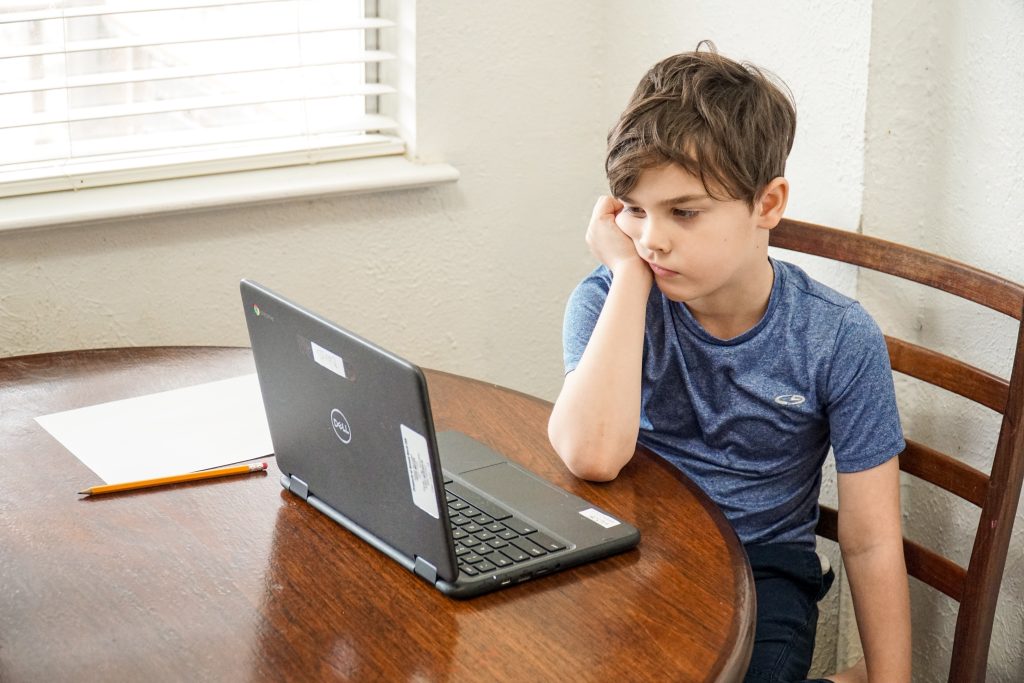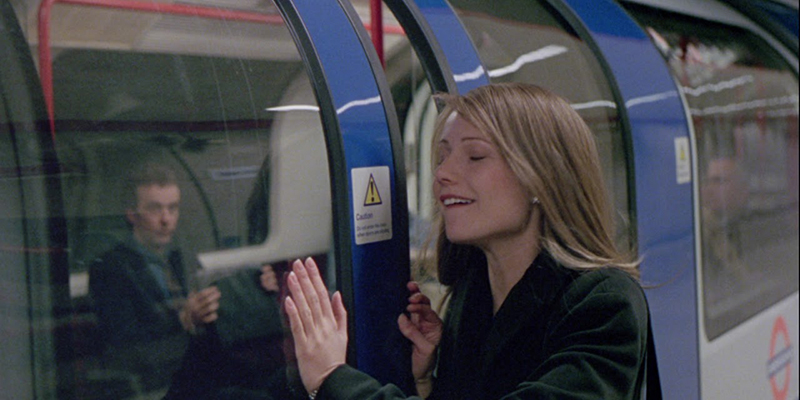A report published by a committee from the House of Lords this week says that our education system for 11- to 16-year-olds is “too focused on academic learning and written exams”, resulting in “too much learning by rote” and “not enough opportunity for pupils to pursue creative and technical subjects”. The report ultimately suggests that some students are being “stifled” by an “overloaded” curriculum.
I shall make no attempt to defend all existing curricula, not least because I am in no position to comment in depth on any subject area other than my own. I am aware that colleagues in the sciences in particular and also in the humanities have found the post-2018 curricula difficult to deliver and certainly it seems that there is a need for a reduction in the amount of material to be covered. Teachers report that there is too much information crammed into too little time in some subects, and that tweaks to the specifications in those areas would be of benefit. In my own subject, I have written before about how unwieldy the GCSE Latin curriculum is, with its burdensome requirement for students to study (which in reality means rote-learn) an enormous amount of original literature. The problem is so bad that it has put me off agreeing to take any independent students through the curriculum, since it is such an enormous (and frankly tedious) time-drain on top of their regular subjects.
All of this can remain true without arguing that there is a need for dramatic and sweeping reforms (for heavens sake please no, not again) and even more importantly without us turning against the very principle of a knowledge-rich curriculum or indeed the very concept of learning by rote.
Educationalists who rail against rote-learning do so, I think, for several reasons. Firstly, people who are disquieted by rote-learning usually associate it with an innate lack of understanding on the students’ part, as if learning by rote is inherently at odds with understanding. For these people, the concept of rote-learning immediately conjures up images of Victorian schoolchildren holding the book upside down while they “read aloud” to demonstrate to the dreaded School Board that they could read when in fact they couldn’t; instead of spending their time teaching reluctant readers how to read, some teachers purportedly made children learn a passage of literature by heart so that they could recite it when it came to inspection day. Whether these apocryphal stories are true or not is a question I should ask the inimitable Daisy Christodoulou and Elizabeth Wells, authors and presenters of the fantastic podcast Lessons from History. If you haven’t come across it yet, I recommend it highly. It is fantastic for myth-busting, demystifying and celebrating how far we have come.
I have two key criticisms of the assumption that rote-learning equates to a lack of understanding. Firstly, the two notions are not causally linked. Very obviously, one can teach to ensure understanding in addition to asking a student to learn some material off by heart. Secondly, even when a lack of understanding does remain, this does not negate the value of rote-learning; rather it does, if anything, make the process even more important. Students are capable of banking information even if they do not currently understand it; this means that they can then draw on that information at a later date. For example, students could learn a poem off by heart, which would then facilitate the process of studying it in class.
Much to my heathen husband’s chagrin, I recall all of the hymns and prayers that I absorbed in my very traditional school, which marched us to chapel every day. I remember being distinctly puzzled by the phrase “the panoply of God”. And surely anyone that hails from a similar educational experience found themselves wondering why there was “a green hill far away, without a city wall”? All of these sorts of phrases came back to me as an adult as I learnt the true meaning of them and was thus able to fit them into my existing schema of knowledge. The rote-learning did not detract from this, the information was merely sitting there waiting to be processed and filed. I do not see why there is a problem with this. While it would have been better had the concepts been demystified for me at the time, the brain’s capacity to absorb material for the longterm is so enormous that there really is no harm in it containing some bits of information that it does not yet fully understand. It’s not a floppy disc; it won’t fill up and start malfunctioning.
Another reason that some educationalists object to rote-learning is that they see it as a waste of time in this modern era of technology. What value is there in learning something off by heart when we can look things up at the touch of a button? I find this argument so facile that I struggle to argue against it with the gravitas required to refute it. Yet, I shall make an attempt to do so. First of all, rote-learning is not, in fact, excessively burdensome: quite the opposite. Rote-learning is remarkably easy to do once students are taught the right methodology. In return for a very small amount of effort, students can bank vast quantities of knowledge in their longterm memory, which then frees up their working memory to simply spectacular benefit. To take my own subject as an example, anyone who tries to grasp a complex grammar point such as the indirect statement without a rudimentary knowledge of the inflection and vocabulary being used will never manage to do so; if a student is constantly distracted by the need to check their noun or verb endings, or to look up the required vocabulary, their working memory will be over-burdened to the point of failure. Similarly, a student will struggle to understand the writer’s craft and discuss stylistic techniques (as required – for better or for worse – by the examiners) unless they understand the Latin that is in front of them; the easiest way for them to understand a complex chunk of material is for them to have rote-learned its meaning beforehand. Rote-learning a text is extremely easy once you know how and not only have I written about it before I have taught hundreds of students how to do it to great effect. The problem is not with rote-learning itself but with how few classroom teachers actively teach an appropriate methodology for rote-learning, leaving students to flounder when it comes to how to do it.
Yet it is not only the inherent benefits to academic learning that make me believe that rote-learning is a skill that students should be taught. In addition, I find it mystifying that so many educationalists fail to see the value and the joy in the process itself. Whether it be poetry or your favourite song-lyrics, the sheer joy in having a worthwhile piece of writing in your head is difficult to over-estimate. At school I learnt poems, songs, sonnets and speeches from Shakepseare and can still remember them to this day. Learning poetry by heart remains a hobby for me and I can, for example, recite the whole of The Highwayman, which takes around 13 minutes. Why? Well, why not? The process is as pleasurable and stimulating as doing a crossword, completing a Wordle puzzle or grappling with a challenging Sudoku. I regret that so many educationalists do not wish for young people to develop the ability to acquire such knowledge should they so choose. This is not to say that all of them will choose to adopt the process of learning poetry as a hobby in the way that I do, but I do not understand the determination to rob them of the option. How little we think of them that we decide on their behalf that they are not worthy of it.
The bulk of my time as a tutor is spent uncovering what it is that students don’t already know and helping them to rectify this. That goes both for the knowledge itself and for the methodology of how to acquire and sustain it. Knowledge is essential for students to thrive and I don’t think that I will ever understand the apparent desire of some to rob the next generation of their rightful inheritance.







